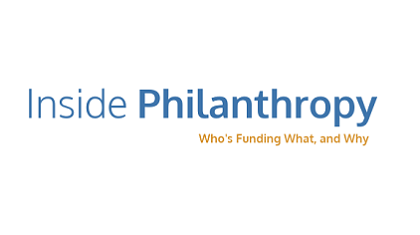
Can the simple act of sharing a healthcare provider’s notes with a patient improve health outcomes? The OpenNotes movement thinks it can and, today, millions of patients in 37 states have access to notes in their medical records.
If you’ve ever been at a doctor’s office, worried you won’t remember all the things they’re telling you, you’ll be able to grasp the logic of OpenNotes. Good things happen when patients are able to access and review what a healthcare provider thought and said during a visit. They are more likely to take medications as prescribed and follow recommended treatment plans. This means that the care they receive is more likely to be effective. In turn, that can help cut medical costs.
OpenNotes owes its start to the Robert Wood Johnson Foundation, which funded a 2010 year-long trial in which 105 doctors shared chart information with some 19,000 patients in Boston, rural Pennsylvania and Seattle. The experiment found that reading notes helped patients “feel more in control of their health and health care.” RWJF funded additional efforts to develop the idea and, overall, has given more than $8 million in grants to Beth Israel Deaconess Medical Center for work to develop OpenNotes.
Read the full article here.



